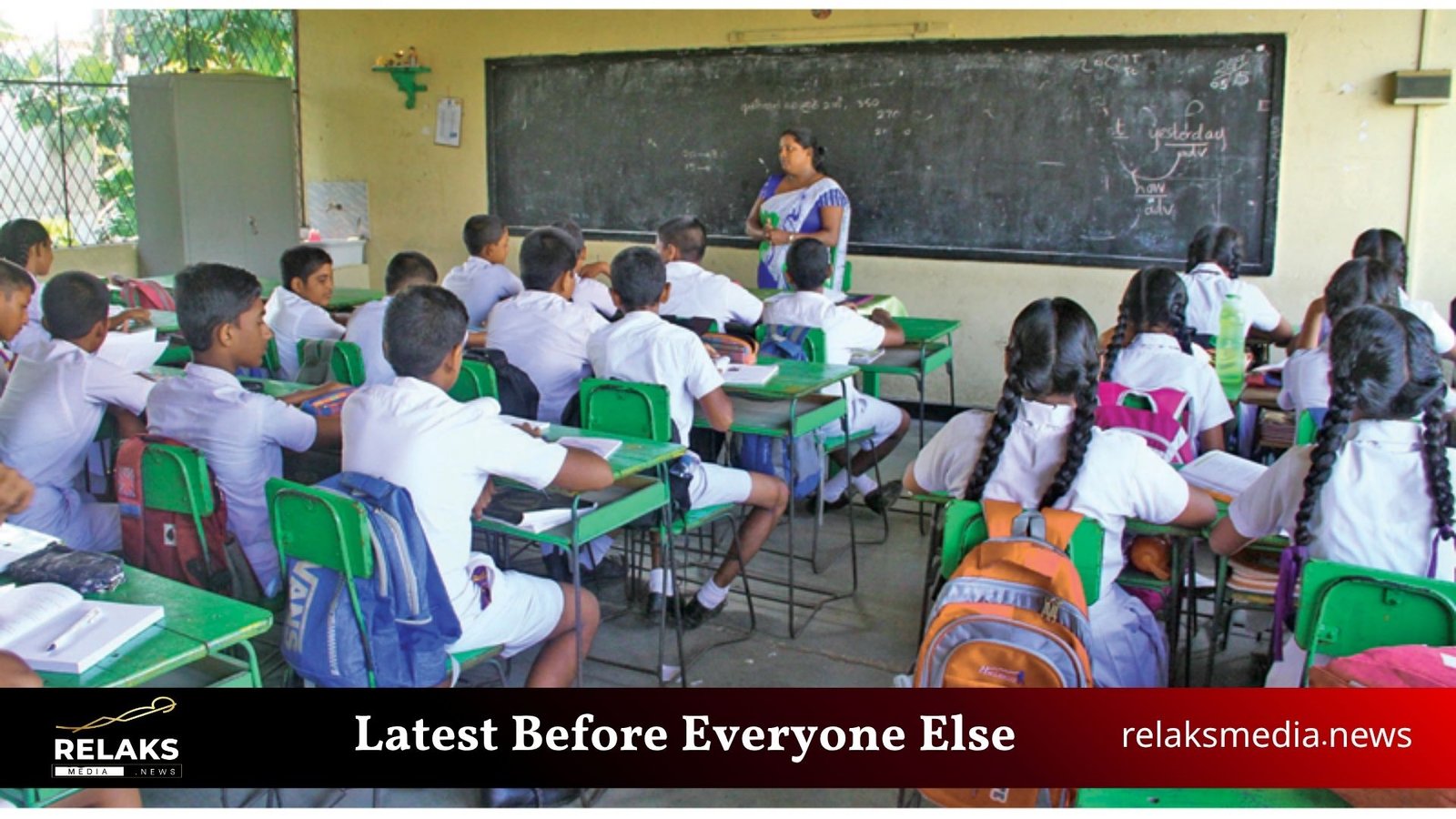
A recent study has highlighted pressing issues within Sri Lanka’s education system, including overcrowded classrooms and outdated curricula, raising concerns over the quality of education and the country’s ability to equip students for the modern workforce. Experts emphasize the urgent need for comprehensive educational reforms.
Sri Lanka has long prided itself on a strong literacy rate and access to primary education. However, growing student populations, limited infrastructure, and a curriculum that has not kept pace with global developments are now straining the system. The challenges pose risks to both academic outcomes and future employability of students.
The study points out that:
Many classrooms across urban and rural areas are overpopulated, making it difficult for teachers to provide individual attention.
The curriculum in several subjects has remained unchanged for years, failing to integrate modern skills such as critical thinking, digital literacy, and vocational training.
Teacher shortages and limited professional development opportunities have further exacerbated quality issues.
Education experts argue that without reform, students may be ill-prepared to compete in globalized job markets, impacting national productivity and economic growth.
In response, the Ministry of Education has acknowledged these challenges and stated that strategies are being explored to modernize curricula, improve classroom conditions, and invest in teacher training programs.
Several initiatives are under consideration, including:
Introducing technology-enabled classrooms and e-learning platforms.
Expanding access to vocational and skills-based programs to prepare students for emerging industries.
Partnering with international education organizations for curriculum development and teacher training.
Civil society and educational organizations have also called for community engagement in reform processes to ensure that changes address real classroom challenges effectively.
Sri Lanka’s education system is at a critical juncture, facing structural and curricular challenges that could affect the nation’s future workforce. While government recognition of these issues is a positive step, urgent and comprehensive reforms are essential to ensure students receive high-quality education and are equipped with the skills necessary for the 21st century.

Comments: